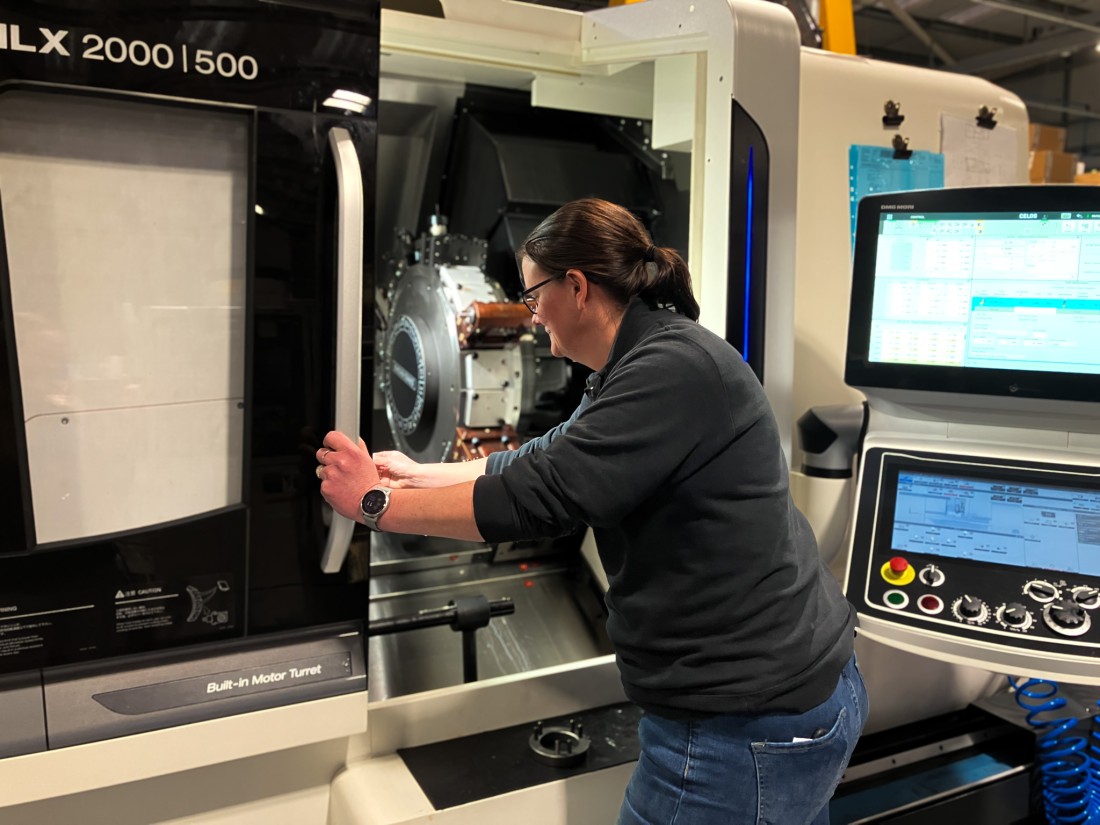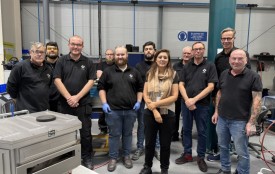Today we’re celebrating Women and Girls in Science, Technology, Engineering and Mathematics Day. To mark the occasion we have interviewed our Monument Cell Leader - Carly.
Here, Carly will give us her perspective on working within a STEM business over the course of her career.
1) What has been your experience as a woman in engineering and manufacturing?
Overall, very positive. It takes a lot longer to gain the respect of men in the same role. When they first see a woman in a supervisor role, their backs tend to be up, so it takes some skill and seeing things from their perspective to gain their trust and to ask them to be part of the team. You do have to be quite thick skinned in this industry.
2) How did you get into Engineering?
About 10 years ago. I was enroled in an employment scheme for management. I don’t have any official credentials regarding engineering.
3) Would you encourage your daughter to go into a STEM role in the future?
Yes, I would. Certainly.
5) Did you have an idol or influence who made you want to pursue a STEM career?
My previous manager (cell leader) was a strong female character. Learning from her, the challenges you have as a woman in manufacturing and overcoming certain obstacles. She really inspired me to want to further my career in a STEM position and particularly management. I worked with her for 5 years and climbed the ladder quite quickly alongside her, eventually overseeing 20 men operating CNC machines.
6) What has been your biggest challenge/obstacle of being a woman in STEM throughout your career?
I think it is gaining the respect and trust, you have to work a lot harder and a lot longer to gain that. Once those barriers have been broken down, and they can see you know what you are talking about, then I think you actually gain more respect in the long term because it’s taken you so much longer and worked so much harder to get the same position. I also think that when you challenge your team who are predominantly male, there can be less resistance once those barriers are down and once that respect has been gained.
Overall, the industry has changed a lot and over the last 10 years, more women have joined the industry and are taking up positions in management and STEM roles to challenge the bias. I see a lot more opportunities to young women and apprenticeships now which is a promising start. Maternity and adaptations to family orientated work-life balances also need to be addressed for more women to stay in these roles for long-term.








